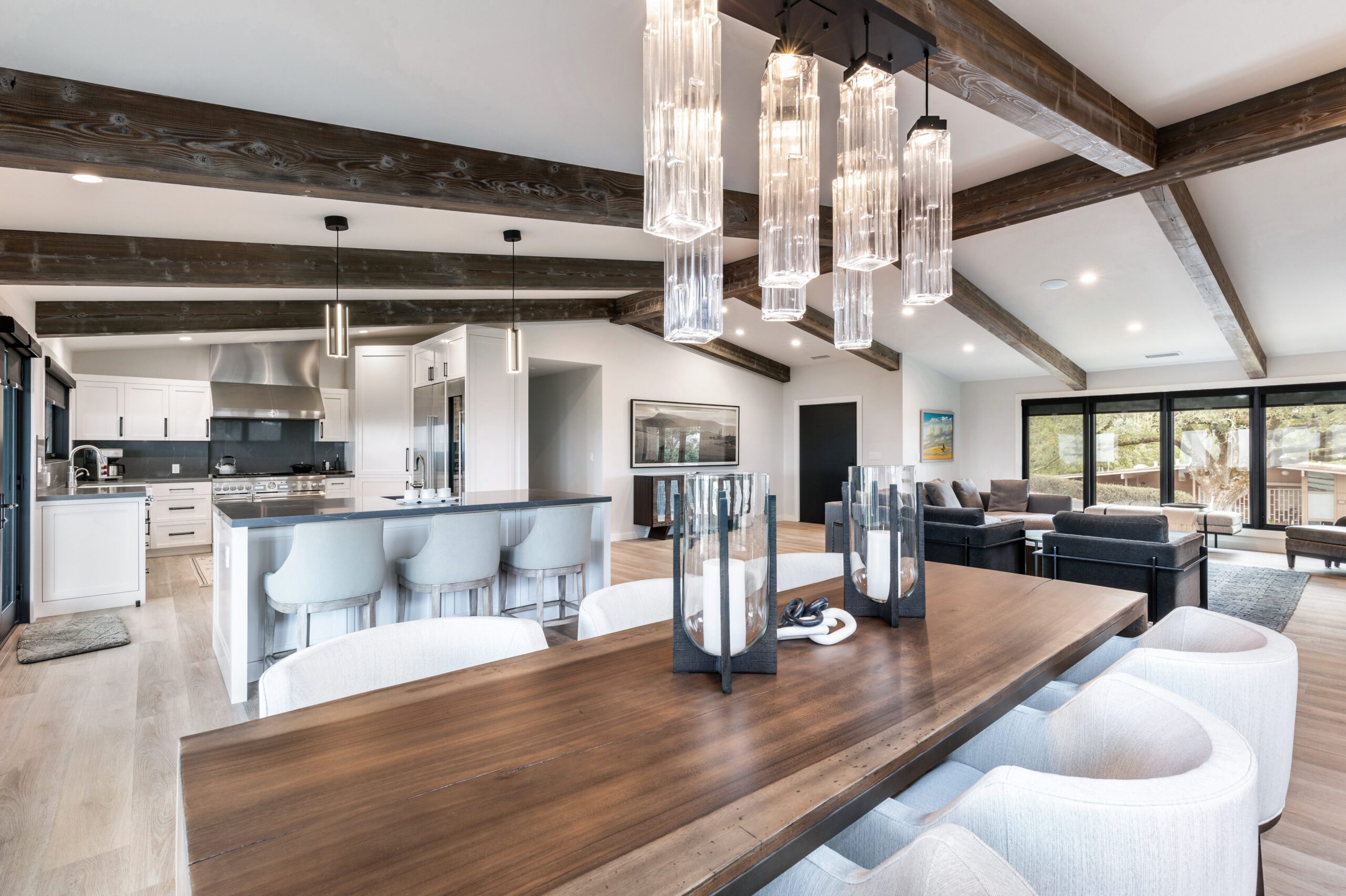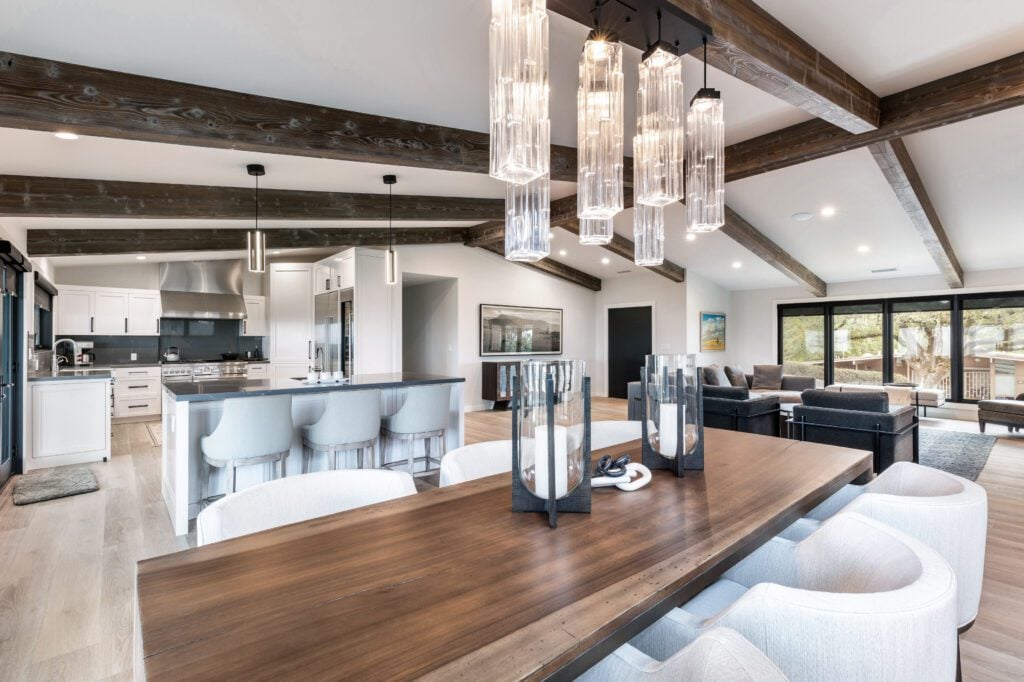Illuminating the Future: Exploring the Benefits and Disadvantages of Smart Lighting

In today’s fast-paced world, technology continues to revolutionize various aspects of our lives, including how we illuminate our spaces. As a leading construction company, CRC Builders understands the importance of staying ahead of the curve. In this blog post, we will delve into the world of smart lighting, exploring its benefits and disadvantages. So, let’s shed some light on this innovative technology! Imagine a world where your lights automatically adjust to your needs, saving energy and enhancing your overall experience. With smart lighting, this vision becomes a reality. But, like any technology, it comes with its advantages and disadvantages.

Benefits of Smart Lighting:
1. Energy Efficiency: One of the most significant advantages of smart lighting is its energy-saving capabilities. Smart bulbs and fixtures are designed to consume less energy compared to traditional lighting options. With features like motion sensors and timers, lights can be automatically turned off when not in use, reducing unnecessary energy consumption and lowering utility bills.
2. Enhanced Convenience: Smart lighting systems offer unparalleled convenience. With the ability to control your lights remotely through smartphone apps or voice commands, you can easily adjust the brightness, and color, and even create personalized lighting scenes to suit your mood or activity. This level of control adds a new dimension of comfort and flexibility to your living or working space.
3. Improved Security: Smart lighting can play a crucial role in enhancing the security of your property. By integrating with other smart home security systems, such as cameras and motion detectors, smart lights can be programmed to turn on or flash when triggered, giving the illusion of an occupied space and deterring potential intruders.
Disadvantages of Smart Lighting:
1. Initial Cost: While smart lighting offers numerous benefits, it’s important to consider the initial investment required. Smart bulbs and fixtures tend to be more expensive than traditional lighting options. However, it’s essential to remember that the long-term energy savings and convenience can offset this initial cost over time.
2. Reliance on Technology: Smart lighting heavily relies on technology, which means that any technical glitches or connectivity issues can disrupt its functionality. Power outages or network failures may temporarily render your smart lighting system ineffective. However, advancements in technology are continually improving the reliability and stability of these systems.
3. Learning Curve: For those new to smart lighting, there may be a learning curve involved in understanding and setting up the system. Familiarizing yourself with the various features and functionalities may take some time. However, once you become accustomed to the system, the benefits far outweigh the initial learning investment.
As technology continues to shape our lives, smart lighting emerges as a game-changer in the world of illumination. The benefits of energy efficiency, convenience, and enhanced security make it an attractive option for homeowners and businesses alike. However, it’s crucial to consider the initial cost, reliance on technology, and the learning curve associated with smart lighting. At CRC Builders, we believe in staying at the forefront of innovation. If you’re considering incorporating smart lighting into your space, our team of experts is here to guide you through the process. Contact us today to explore how smart lighting can transform your environment.